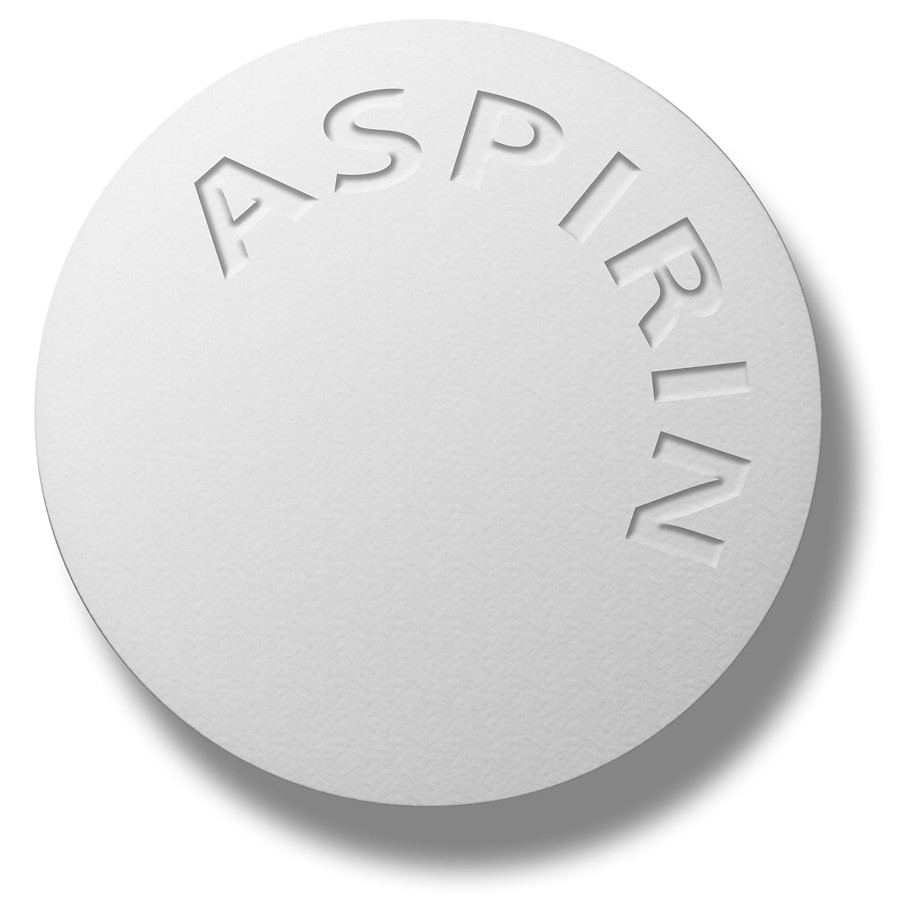Aspirin for cancer prevention: promising, but not proven

Will the increasingly high-tech war against cancer include aspirin鈥攐ne of the oldest, least expensive medications around? A trio of new studies from the University of Oxford suggests that aspirin is worth testing as a simple way to help prevent cancer. But these are preliminary findings, and you shouldn鈥檛 start taking an aspirin a day without having a conversion with your doctor. That鈥檚 because aspirin has side effects that could offset any possible cancer-fighting benefit.
First, the latest evidence. The Oxford team, led by Dr. Peter M. Rothwell, combed the medical literature for studies that evaluated the effect of taking aspirin on cancer development. Data from several clinical trials鈥攊n which people were randomly assigned to take aspirin or a placebo鈥攕howed that the risk of developing or dying from cancer was lower among those taking aspirin. The chances of developing metastatic cancer (cancer which has spread to other parts of the body) were also lower.
The Oxford team also looked at data from studies of people who chose to take daily low-dose aspirin. Again, lower risks of several cancers, including colon, stomach and breast cancers, were seen among the aspirin takers. The papers were published March 21 in and .
Aspirin in perspective
Among people who have heart disease or are at high risk for it, taking a daily low-dose aspirin has been proven to help prevent heart attacks and strokes. The use of aspirin by seemingly healthy people to prevent heart attack and stroke is less settled. In that group, aspirin鈥檚 possible harmful side effects鈥攎ostly stomach upset, gastrointestinal bleeding, and hemorrhagic stroke (bleeding in the brain)鈥攎ay offset any benefits.
For many years, studies have suggested that aspirin might play a role in cancer prevention. The strongest evidence so far has been aspirin鈥檚 potential protection against colon cancer.聽 One study suggested that daily doses of 81 milligrams (a baby aspirin) to 325 milligrams (a standard full-strength tablet) could prevent the recurrence of colon polyps in people who have already had them. Most colon cancers start as polyps.
The University of Oxford team鈥檚 analyses support鈥攂ut don鈥檛 prove鈥攖his possible role for aspirin. Why do I say 鈥渟upport鈥� instead of 鈥減rove鈥�? Because none of the studies from which the data were drawn were designed to test the effect of aspirin on cancer. The clinical trials were all performed to evaluate the effect of aspirin on heart disease鈥攍ooking for a possible cancer connection came later. The long-term follow-up studies were done for a variety of reasons, none of which were to see if aspirin fights cancer. These design problems make it difficult to determine cause and effect.
The only way to tally up the true balance of benefits and risks of aspirin for cancer prevention is with trials specifically designed to do that. Several are underway or in the planning stages.
The American Cancer Society and other groups haven鈥檛 endorsed the routine use of aspirin for colon cancer prevention. The thinking is that the iffy evidence of protection is outweighed by the very real risks of internal bleeding.
Preventing cancer now
For right now, I put aspirin for cancer prevention in the promising but unproven category. Don鈥檛 wait for the definitive trials. Here are eight ways you can help prevent cancer right now:
1. Avoid tobacco in all its forms, including exposure to secondhand smoke.
2. Choose a healthy diet. Eat more fruits, vegetables, and whole grain foods.
3. Exercise regularly. Physical activity has been linked to a reduced risk of colon cancer, and may help prevent breast and prostate cancer.
4. Stay lean. Obesity increases the risk of many forms of cancer. Calories count; if you need to slim down, take in fewer calories and burn more with exercise.
5. If you choose to drink, limit yourself to one to two drinks a day. Excess alcohol increases the risk of cancers of the mouth, larynx (voice box), esophagus (food pipe) and liver. It also increases a woman鈥檚 risk of breast cancer.
6. Avoid unnecessary exposure to radiation. Get medical imaging studies only when you need them. Check your home for residential radon, which increases the risk of lung cancer. Cover up or use sunscreen when out in the sun.
7. Avoid exposure to industrial and environmental toxins, such as asbestos fibers.
8. Avoid infections that contribute to cancer. Examples include hepatitis viruses, HIV, and the human papillomavirus (HPV). Many are transmitted sexually infections; practicing safe sex helps.
About the Author

Howard E. LeWine, MD, Chief Medical Editor, 天博体育 Publishing; Editorial Advisory Board Member, 天博体育 Publishing
Disclaimer:
As a service to our readers, 天博体育 Publishing provides access to our library of archived content. Please note the date of last review or update on all articles.
No content on this site, regardless of date, should ever be used as a substitute for direct medical advice from your doctor or other qualified clinician.













